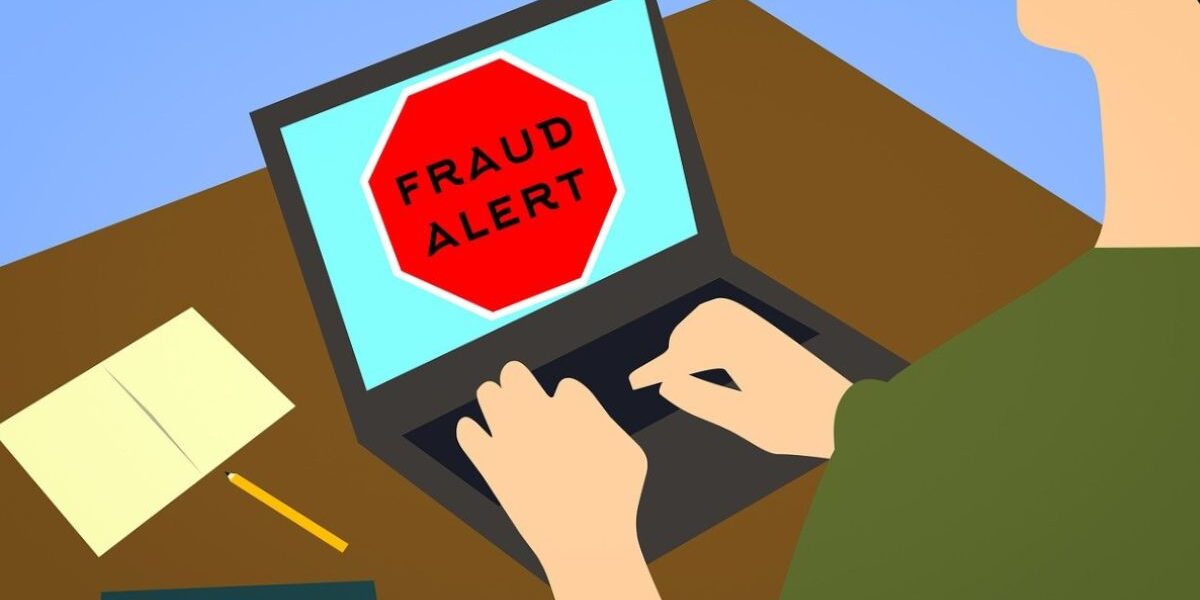Beware of Fake Charities
Written by Jennifer DeJoy | Published on November 2, 2023
IRS News Release
With the tragic crises and natural disasters happening around the globe, many are responding to the call to give what they can to help. The Internal Revenue Service today warned taxpayers to be wary of criminals soliciting donations and falsely posing as legitimate charities. Criminals commonly set up bogus charities to take advantage of the public’s generosity during international crises or natural disasters. Typically, they seek money and personal information, which can be used to further exploit victims through identity theft.
Fake charity promoters may use emails, fake websites, or alter or “spoof” their caller ID to make it look like a real charity is calling to solicit donations. Criminals often target seniors and groups with limited English proficiency.
Here are some tips to protect against fake charity scams:
- Verify first. Scammers frequently use names that sound like well-known charities to confuse people. Potential donors should ask the fundraiser for the charity’s exact name, website and mailing address so they can independently confirm the information. Use TEOS to verify if an organization is a legitimate tax-exempt charity.
- Don’t give in to pressure. Scammers often pressure people into making an immediate payment. In contrast, legitimate charities are happy to get a donation at any time. Donors should not feel rushed.
- Don’t give more than needed. Scammers are on the hunt for both money and personal information. Taxpayers should treat personal information like cash and not hand it out to just anyone.
- Be wary about how a donation is requested. Never work with charities that ask for donations by giving numbers from a gift card or by wiring money. That’s a scam. It’s safest to pay by credit card or check — and only after verifying the charity is real.
Taxpayers who give money or goods to a charity can claim a deduction if they itemize deductions, but these donations only count if they go to a qualified tax-exempt organization recognized by the IRS.
